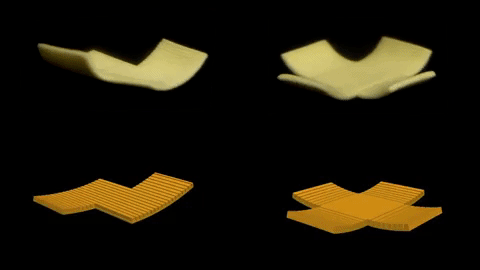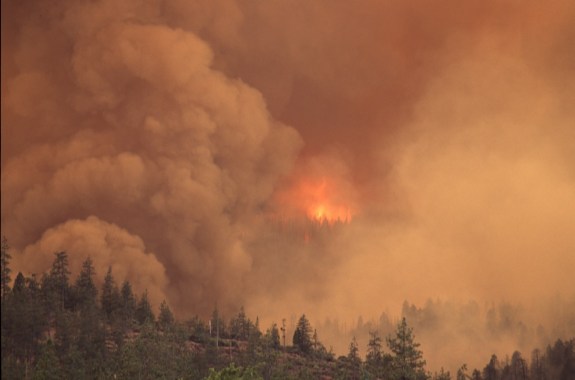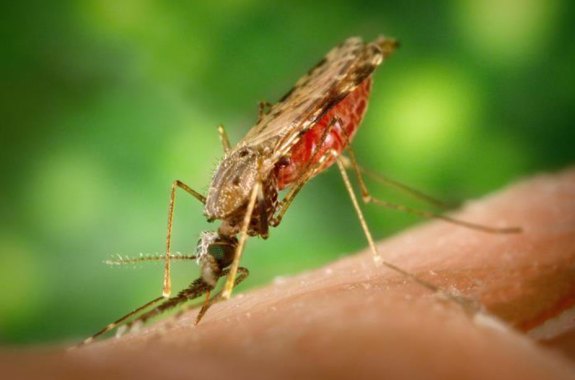11:15
A Bowl Full Of Pasta Engineering
Researchers created pasta that can fold itself like origami, making shapes like boxes and flowers.
5:55
How To Take A Bite Of The Brood X Cicada Swarm
Chef Bun Lai explains how to see this summer’s cicada swarm as a sustainable snack.
17:23
How Do We Overcome Vaccine Hesitancy?
50% of American adults are now considered fully vaccinated. How do we get everyone else on board?
11:34
Zombie Wildfires Can Rage On For Months
Zombie wildfires are forest fires that ignite in the summer and pop back up during the spring.
16:52
Can A New Vaccine Put An End To Malaria?
More than 400,000 people die from the mosquito-borne disease every year. But a new vaccine may soon aid efforts to fight the disease.
12:05
Americans’ Online Security Needs An Update
Ransomware attacks, like the one that shut down an American gas pipeline last week, are on the rise.
9:16
In West Virginia, Opioid Distributors Are Finally On Trial
The county with the worst drug overdose rate in the country is attempting to prosecute the massive companies that fueled its crisis.
8:06
Video Game Skills May Make Better Surgeons
Gaming may help boost skills needed for robotic surgery and laparoscopy.
14:10
What A Rare Baseball Collision Tells Us About The Physics Of The Game
After two balls collided, physicists explain how the event occurred—and how science is changing the way America’s pastime is played.
3:33
The Resonating Room Tones Of Composer Alvin Lucier
Known for his experimental and electro-acoustic music, Alvin Lucier composes with the sounds that surround us.









